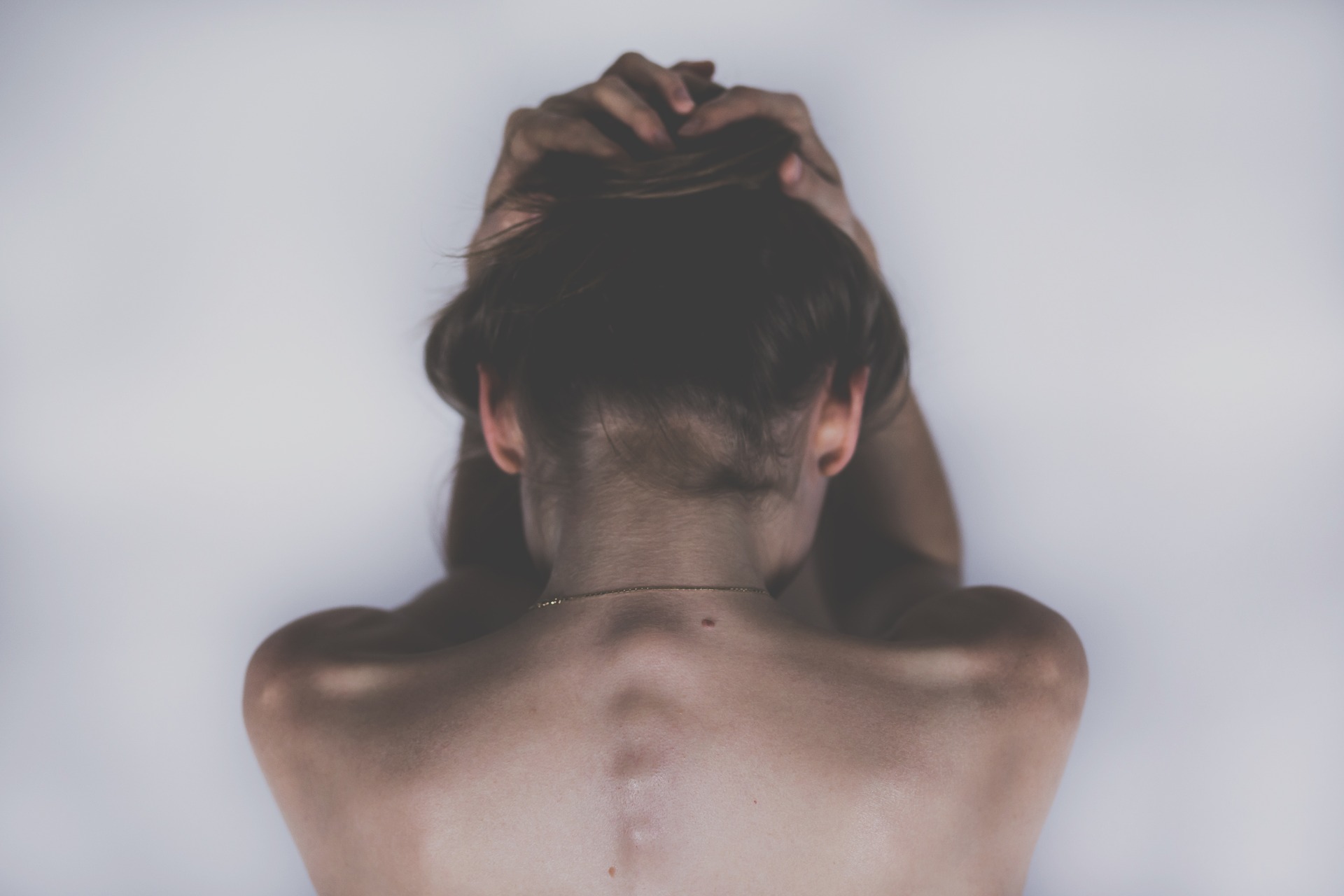Depression and anxiety, while often diagnosed together, are two separate conditions that need treatment. If you’re considering homeopathic medicine for focus and concentration, it’s essential that you understand how these two mental health conditions differ. Since they often occur simultaneously, it can be difficult to differentiate symptoms in the moment. To assist in your quest for relief, here is a clinical breakdown of each condition’s symptoms.
Physical
While depression and anxiety are both mental health issues, they have physical symptoms that can cause immense discomfort. In fact, physical symptoms can severely impact individuals’ lives and require as much attention as those a mental nature.
Depression
Depression has two kinds of physical symptoms: those caused directly by the condition and those occurring as a byproduct of mental symptoms. Symptoms caused directly by depression include the following:
-
Changes in appetite
-
Achiness without physical cause
-
Slowing in speech and movement
-
Lack of energy
Additional physical symptoms include trouble sleeping due to ruminative thoughts, as well as problems with focus, concentration and memory.
Anxiety
While many symptoms of depression are associated with slowness, anxiety ignites the fight-flight-freeze response, which elevates certain biological functions. The body enters a state of readiness to respond to a threatening situation, which prompts the following characteristics:
-
Shortness of breath
-
Muscle tension
-
Increased sweating, heart rate and blood pressure
Additionally, individuals with anxiety may experience the following:
-
Dizziness
-
Gastrointestinal distress
-
Difficulty concentrating
-
Difficulty sleeping
Mental
Mental symptoms, while predominantly manifested as thoughts, can take a physical toll on individuals. Racing thoughts can lead to physical and mental exhaustion, leaving individuals with little energy to devote to their daily lives. For many, understanding and addressing the mental symptoms of depression and anxiety can significantly improve their quality of life.
Depression
Individuals experiencing depression often describe a feeling of hopelessness, as though no amount of effort will improve their situation or make life worth living. They may feel a sense of worthlessness, which can be exacerbated if they are disabled by their depression and unable to pursue goals considered “worthy” by society, such as holding down a job, having a relationship or going to school.
Those with depression may also be preoccupied with death as a viable alternative to their current situation. In the most extreme situations, individuals may attempt suicide in the belief that the world is better off without them.
Anxiety
Racing thoughts are one of the most prevalent symptoms of anxiety and individuals often feel at their mercy. Those with anxiety may be overcome with worry, to the point that they are preoccupied with preparing for situations that may never occur.
Many people also experience panic attacks, which are a sudden onset of physical symptoms that leave them paralyzed with fear. If they don’t have access to homeopathy for anxiety and panic attacks or another form of treatment, they may begin avoiding situations that could provoke panic attacks, leading to social isolation.
Depression and anxiety affect people from all walks of life and every age group. Fortunately, you can find anti anxiety medication for child and adult patients. If you’re experiencing either of these conditions, help is just a call away.

